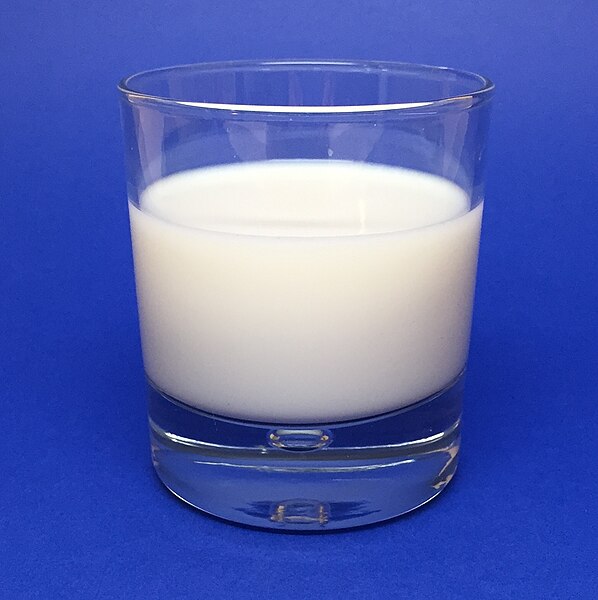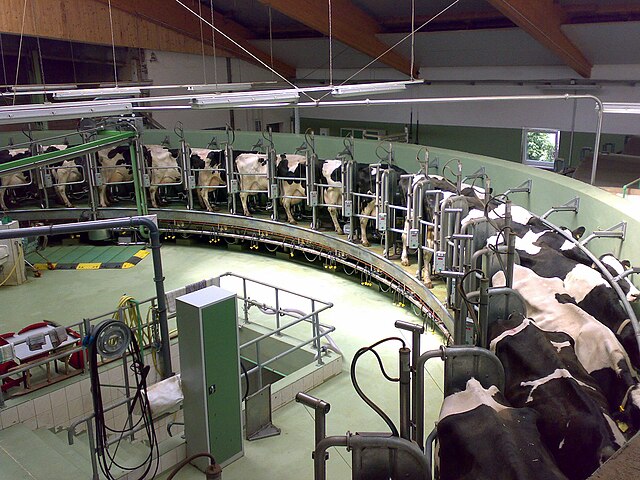Infinite photos and videos for every Wiki article ·
Find something interesting to watch in seconds
Celebrities
Kings of France
Largest Empires
History by Country
Ancient Marvels
Largest Palaces
Rare Coins
British Monarchs
Supercars
Animals
Great Artists
Wonders of Nature
Countries of the World
Recovered Treasures
Richest US Counties
Presidents
Orders and Medals
Great Museums
Best Campuses
Sports
World Banknotes
Crown Jewels
Tallest Buildings
Great Cities
Wars and Battles
Famous Castles
more top lists






